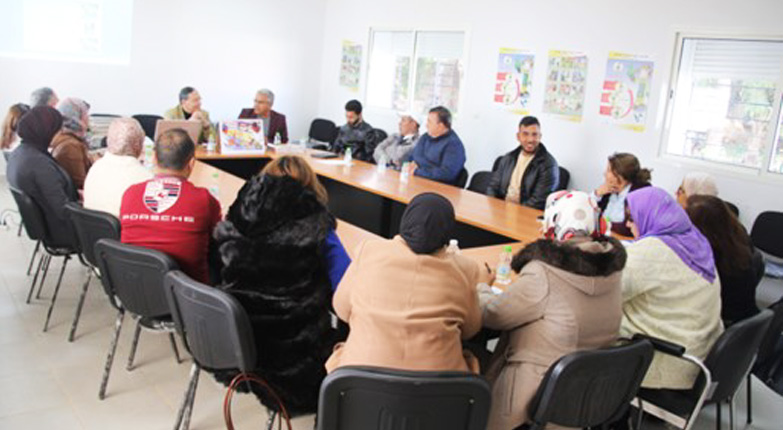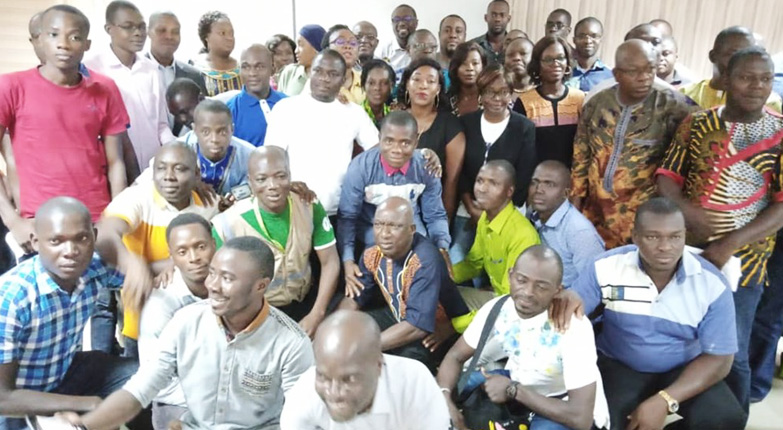The performance of Moroccan agriculture is the result, amongst other things, the know-how of growers and the use
of pesticides to protect crops from pests and diseases. The use of pesticides ensures abundant and quality agricultural production to provide important income to producers, while preserving the health of consumers and the environment. However, while plant protection products are necessary to all growers, they must be used safely and wisely by farmers, in order to guarantee and ensure their safety, the safety of the applicators, consumers, animals and preserve the environment which are the guarantee to sustainable agriculture.
The CropLife association, representing the plant science industry in Morocco, advocates ethical and responsible management of plant protection products throughout their life cycle, from the first phase of their design and manufacture, to the last phase of their use or disposal under conditions that meet the country’s standards and regulations. Unfortunately, in practice, plant protection products are not yet well applied and used according to the rules by some farmers who are not well informed about their safe use. Knowing the threats generated by the misuse of plant
protection products on the sustainability of the agricultural economy in particular and on the national economy in general, CropLife Morocco with the support of CropLife Africa Middle East is committed to partnering with the National Office of the Agricultural Council to conduct train of trainer sessions for agricultural advisors. Once this is done they can in turn train, advise Moroccan farmers and raise their awareness on good agricultural practices as well as on the responsible use of pesticides. All the training sessions were covered by the local agricultural radio station MedinaFM.
Outcome
At the end of the training sessions, participants were:
At the end of each session, participants received flyers, leaflets, booklets and posters on pesticide safe use


